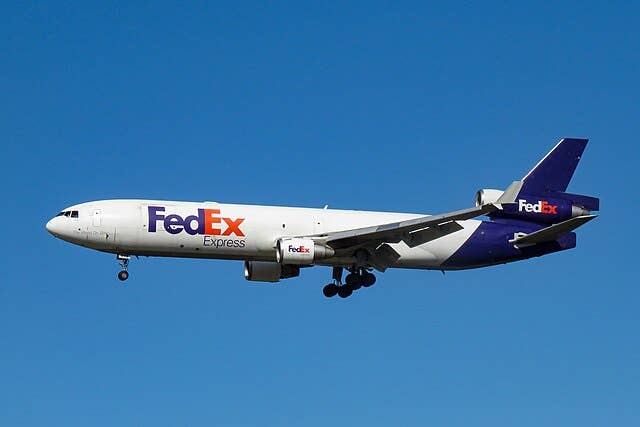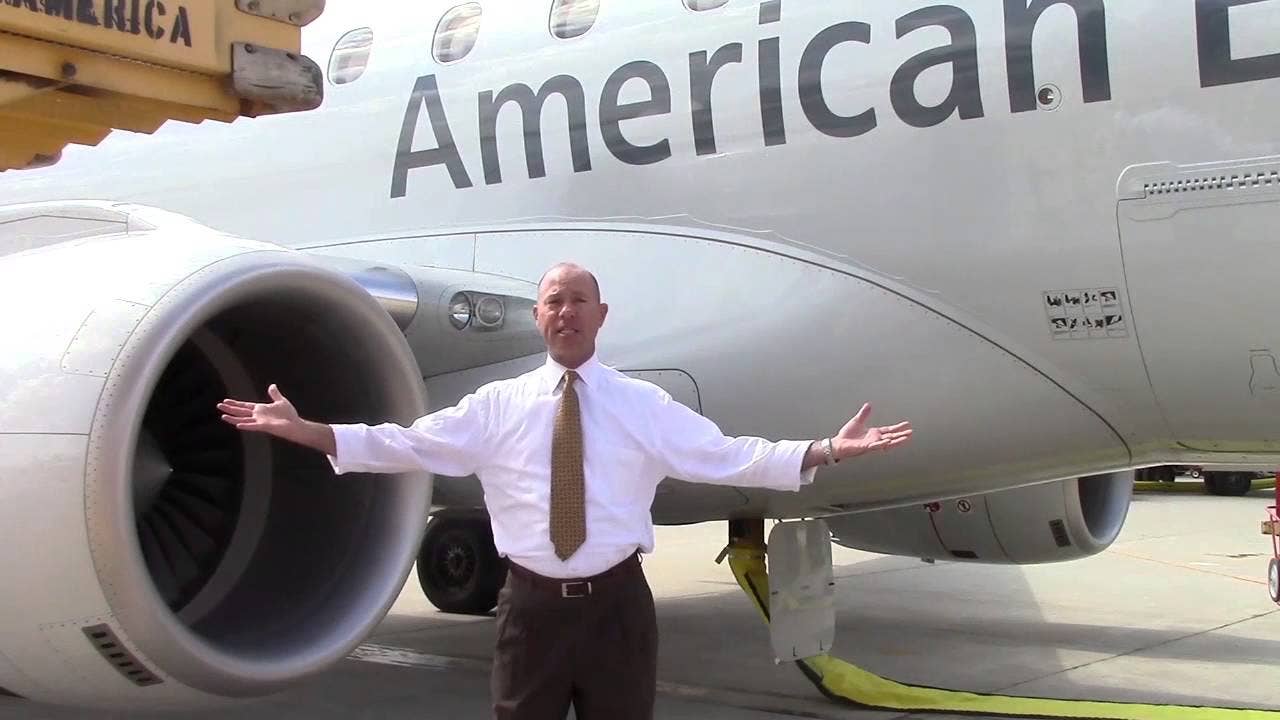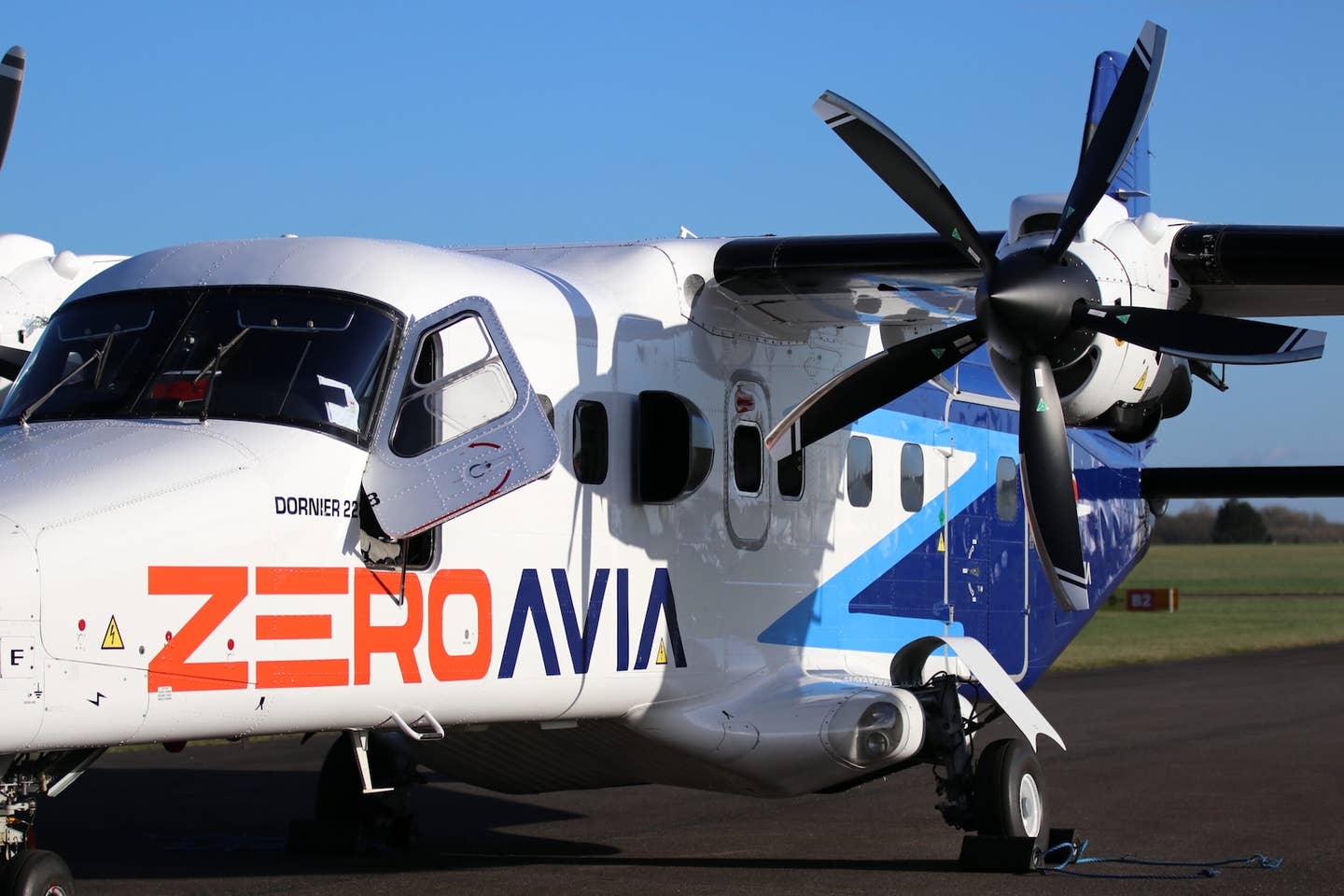Verizon’s Unmanned Program Registers For IS-BAO Participation
Telecommunications company Verizon’s unmanned aircraft system (UAS) branch has registered under the International Standards for Business Aviation Operations (IS-BAO) Remote Piloted Aircraft System (RPAS) program, the first such operation to…

Photo: Verizon
Telecommunications company Verizon’s unmanned aircraft system (UAS) branch has registered under the International Standards for Business Aviation Operations (IS-BAO) Remote Piloted Aircraft System (RPAS) program, the first such operation to do so, according to the company. RPAS, developed by the International Business Aviation Council (IBAC), can piggyback on a business aviation flight department’s IS-BAO participation. Verizon has completed more than 17,000 UAS flights since 2016. Missions include infrastructure imaging and inspection and supporting work crews in restoring network capability following storms and other natural disasters.
IS-BAO Director for IBAC Andrew Karas said, “The IS-BAO framework is a proven model demonstrating the safety and efficiency of a company’s flight operation. Registration under RPAS illustrates to stakeholders and the public their commitment to maintain operational safety.” Verizon said registering for IS-BAO RPAS participation is a step toward expanding UAS operations and operating in more complex environments, such as flights beyond visual line of sight.
Karas praised Verizon’s cooperation, along with that of Phoenix Air Unmanned, the first standalone UAS operation to be RPAS-accredited. He said, “Input from industry operators like Verizon and Phoenix Air Unmanned, as well as from our working group members from across the industry and our support affiliate, the Unmanned Safety Institute, remains critical to the development of this industry standard.”






